Imagine if you had the power always to tell whether or not someone was lying. You’d have it made, wouldn’t you? The intelligence services would be queuing up to employ you for interrogations; top law firms would pay you top dollar to act as their adviser; you’d win gazillions in all the poker championships; you’d never buy a dodgy second-hand car, not that you’d need to with all that money you’d have.
Already a subscriber? Log in
Subscribe for just $2 a week
Try a month of The Spectator Australia absolutely free and without commitment. Not only that but – if you choose to continue – you’ll pay just $2 a week for your first year.
- Unlimited access to spectator.com.au and app
- The weekly edition on the Spectator Australia app
- Spectator podcasts and newsletters
- Full access to spectator.co.uk
Or
Unlock this article
You might disagree with half of it, but you’ll enjoy reading all of it. Try your first month for free, then just $2 a week for the remainder of your first year.


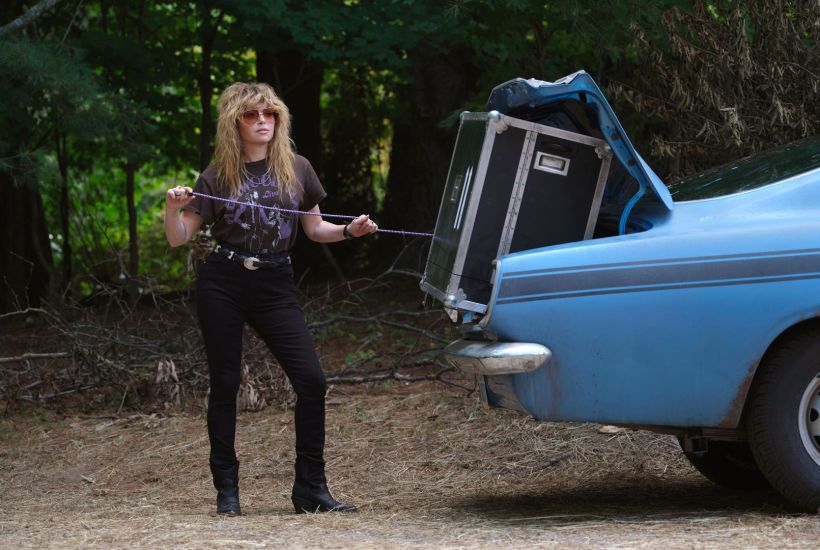
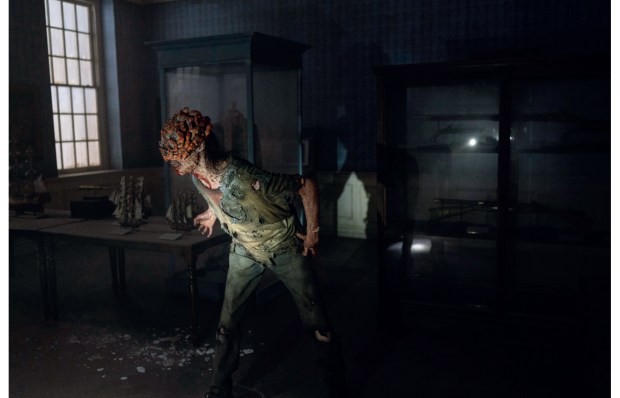
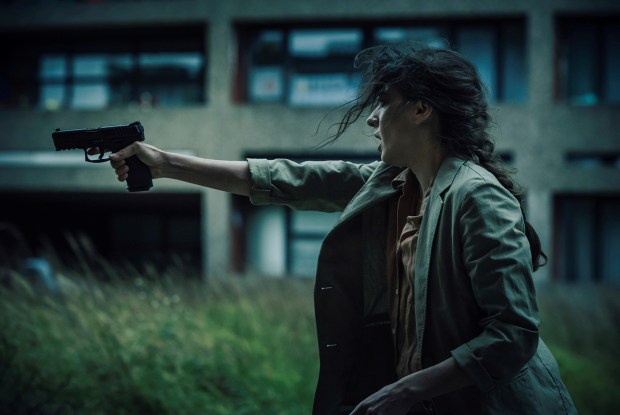
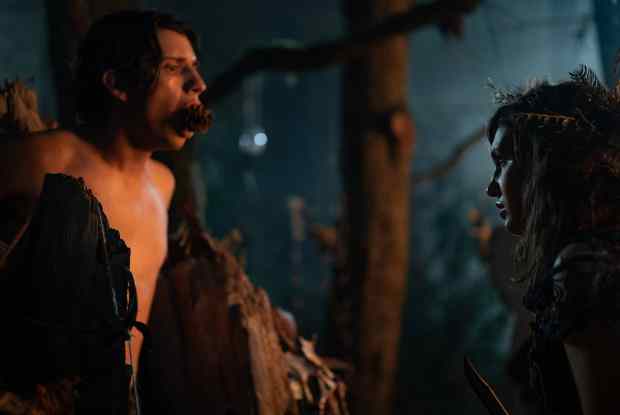
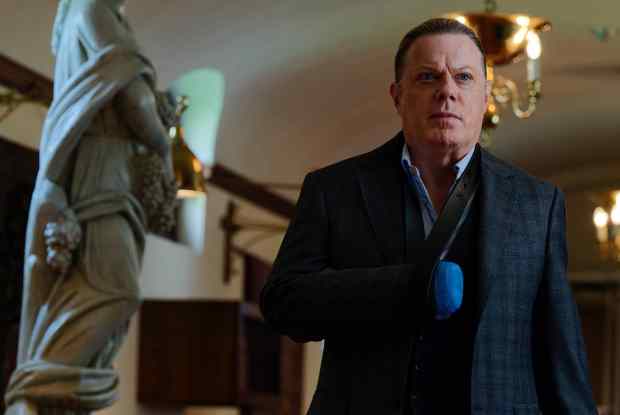
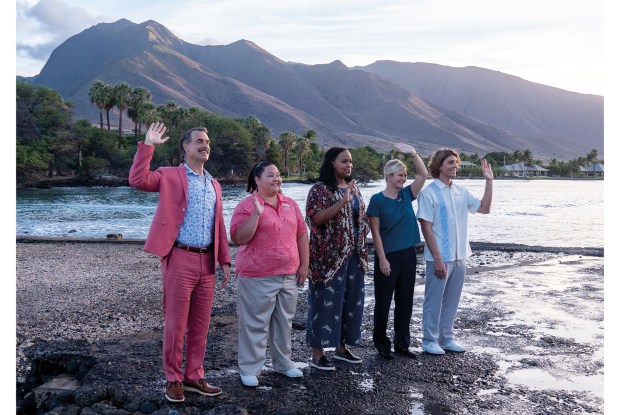
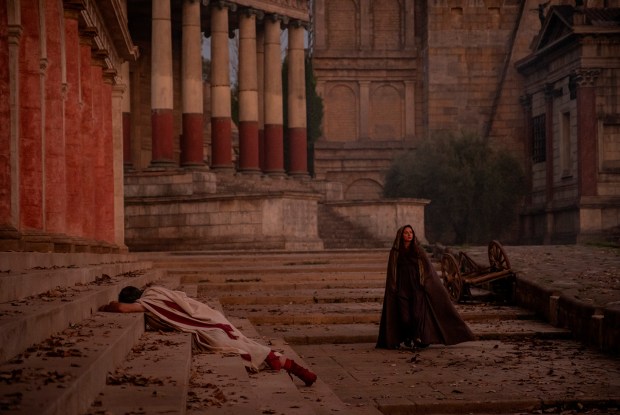






Comments
Don't miss out
Join the conversation with other Spectator Australia readers. Subscribe to leave a comment.
SUBSCRIBEAlready a subscriber? Log in